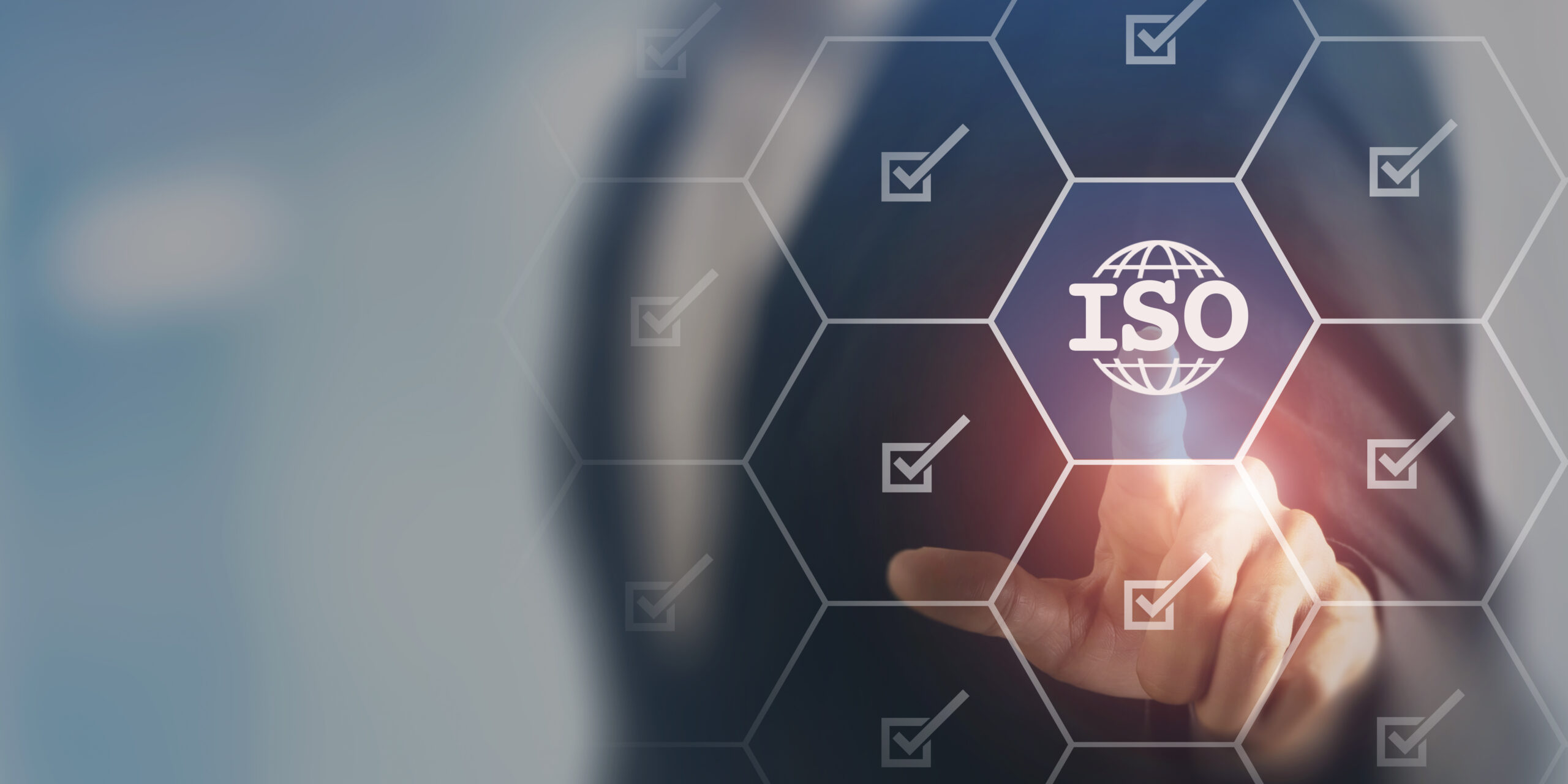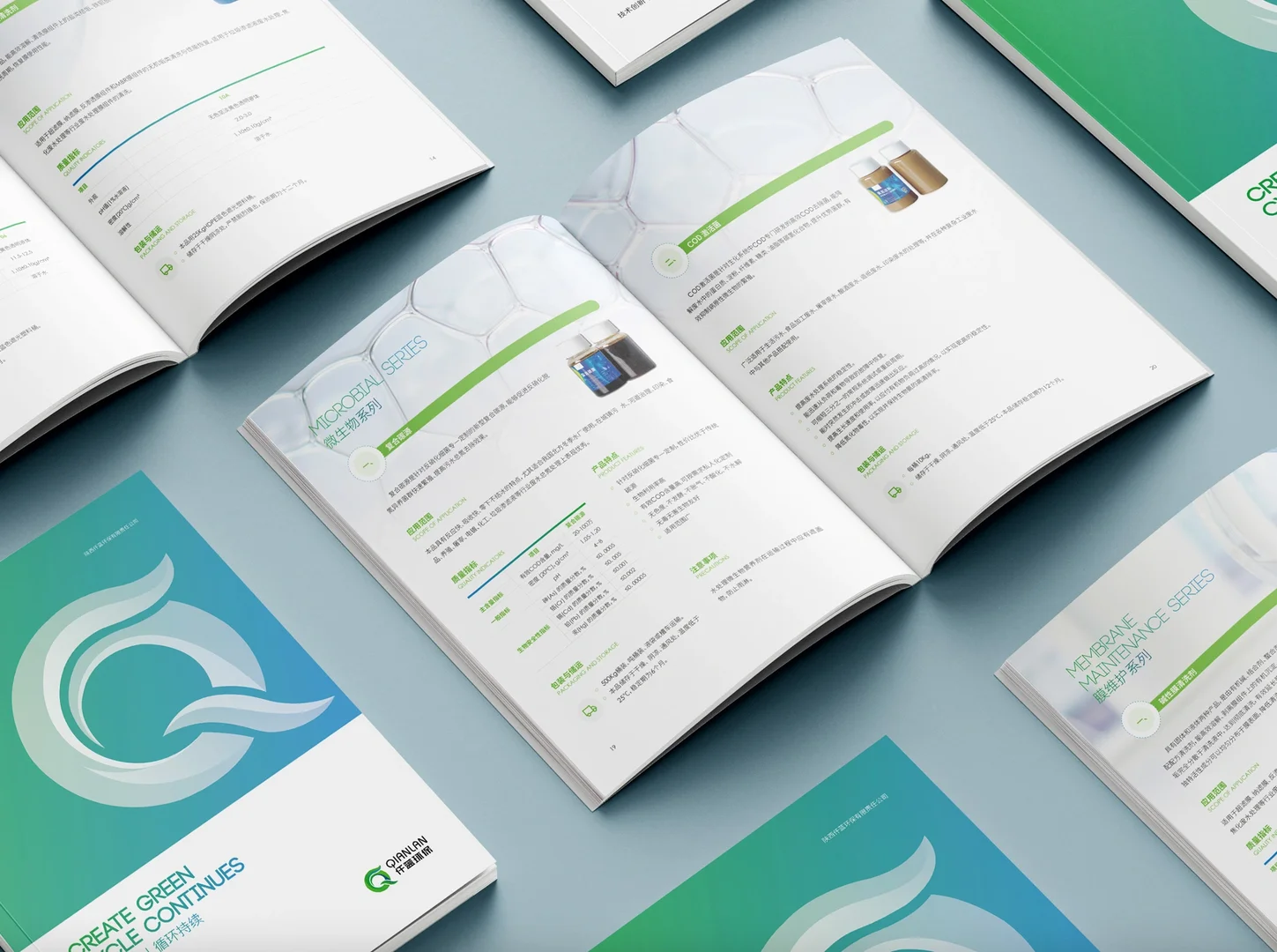Most businesses treat translation procurement like buying office supplies: find the specifications, look for the lowest price, and sign the contract.
But when you are dealing with patient records, patent filings, or the script for a global video game launch, translation isn't a commodity. It is a risk factor.
If a vendor hands you a translation that hasn’t been vetted, the liability sits with you, not them. This is where the ISO 17100 certification stops being just an acronym and starts being your primary insurance policy.
For companies serious about global expansion, understanding the operational reality behind ISO 17100—and its critical partners, ISO 27001 and ISO 9001—is the only way to separate professional agencies from high-risk gig economy platforms.
The "Four Eyes" Reality Check
There is a misconception that ISO 17100 is just about paperwork. It isn't. It is about the Chain of Custody for your content.
Non-certified agencies often rely on a "Translation Only" (TO) workflow. One freelancer translates the text, runs a spellcheck, and sends it back. If they misunderstood a technical term or missed a nuance in your brand voice, nobody catches it until your customer does.
ISO 17100 mandates a different reality known as the "Four Eyes Principle."
To maintain certification, a Language Service Provider (LSP) cannot simply "review" a file. They must strictly adhere to a dual-layer process:
Translation: Executed by a linguist with verified credentials (usually a degree in translation or 5+ years of documented full-time experience).
Revision: A second, completely independent linguist compares the source text against the target text. They aren't just proofreading for typos; they are auditing for semantic accuracy and domain logic.
If an agency claims to offer "ISO quality" but skips the independent revision step to save money, they are violating the standard.
The Security Trinity: Why ISO 17100 Isn’t Enough on Its Own
Linguistic accuracy is useless if your proprietary data gets leaked. This is why the top tier of the localization industry operates on a "Triple Crown" of standards.
When evaluating a vendor, you need to look for the integration of these three specific frameworks:
1. ISO 17100 (The Linguist Quality)
Ensures the people working on your content are qualified professionals, not just bilingual enthusiasts.
2. ISO 27001 (The Data Fortress)
This is the heavy hitter for information security. Consider this: You are sending unreleased scripts for a short drama series or the source code for a video game to an agency. How are they storing it?
Without ISO 27001: Your files might be sitting in a freelancer’s personal email inbox or an unsecured cloud folder.
With ISO 27001: The agency is audited on encryption, access controls, and secure file transfer protocols. It turns a potential leak point into a secure vault.
3. ISO 9001 (The Management Engine)
This covers the "how." It guarantees that if you scale from translating 5,000 words a month to 5 million words of audio transcription, the agency’s processes won't collapse. It creates traceability for every project.
The Cost of "Good Enough"
Procurement teams often push back on the cost associated with certified agencies. But the math changes when you factor in the Cost of Poor Quality (COPQ).
Data from the Project Management Institute suggests that rework can cost up to 50% more than the original execution. In translation, that means paying to fix a marketing campaign that flopped because the tagline was culturally offensive, or worse, paying legal fees because a contract clause was ambiguous in the target language.
Google’s search algorithms and AI recommendation engines (GEO) are increasingly prioritizing content that demonstrates E-E-A-T (Expertise, Authoritativeness, and Trustworthiness). Poorly localized content signals low authority, pushing your brand down the search results in foreign markets.
Where Expertise Meets Execution: The Artlangs Approach
Certification is the baseline, but experience is the differentiator. This is the philosophy that drives Artlangs Translation.
We don't view our ISO 17100, ISO 27001, and ISO 9001 certifications as mere wall decorations. We use them as the structural backbone for a massive operation that handles 230+ languages.
Over the years, Artlangs has moved far beyond simple document translation. By applying these rigorous ISO standards to emerging media formats, we have solved the quality/speed equation for some of the most demanding sectors in the industry:
Video & Short Drama Localization: We understand that subtitles and captions need to carry the emotion of the scene, not just the dictionary definition of the words.
Game Localization: Our workflows allow for deep cultural adaptation of UI and dialogue, ensuring immersive experiences for gamers globally.
Multilingual Dubbing & Audiobooks: We apply ISO quality checks to audio engineering and voice talent selection, ensuring high-fidelity production for short dramas and audiobooks.
AI Data Services: For tech clients, we provide precise multilingual data annotation and transcription—critical fuel for training the next generation of AI models.
When you choose Artlangs, you are bypassing the risks of the gig economy and plugging directly into a secure, certified, and battle-tested localization infrastructure.
Ready to secure your global content?[Let’s discuss your project.] Whether you need secure legal translation or creative localization for your next video series, Artlangs has the certification and the experience to deliver it right the first time.











